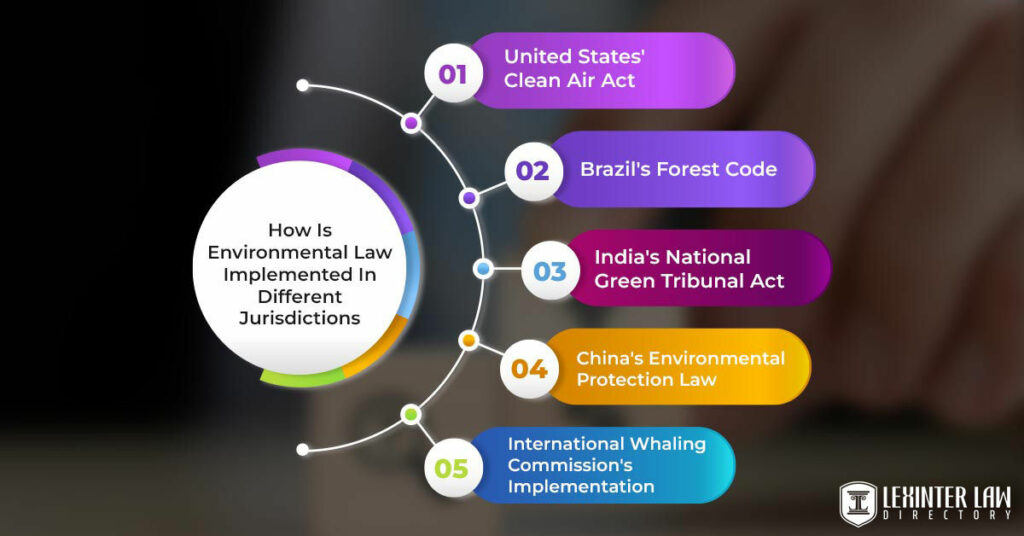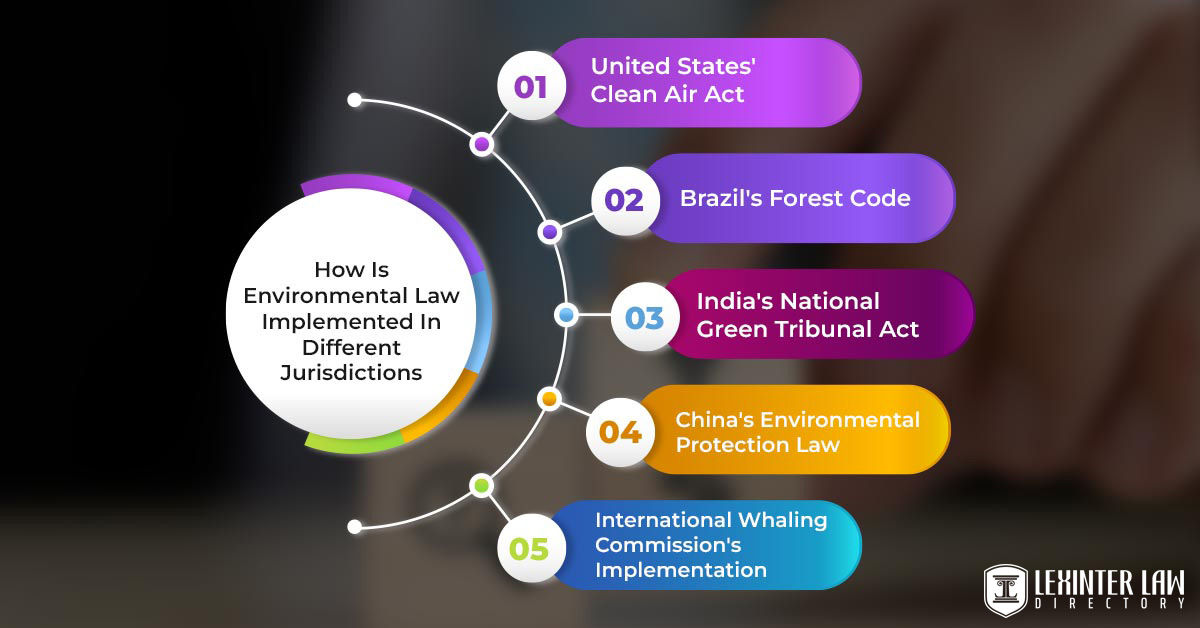The Role of Environmental Law in Protecting Natural Resources

Introduction
Environmental law plays a crucial role in preserving natural resources, mitigating climate change, and ensuring sustainable development. As global environmental challenges intensify, legal frameworks must adapt to balance economic growth with ecological protection. This article explores the key principles, regulations, and challenges in environmental law.
Understanding Environmental Law
Environmental law consists of a set of regulations and policies designed to manage human impact on the environment. It governs pollution control, natural resource conservation, and corporate environmental responsibility.
1. Key Principles of Environmental Law
Several fundamental principles guide environmental regulations, including:
- Sustainable Development: Ensuring that economic progress does not compromise environmental health.
- Polluter Pays Principle: Holding businesses and individuals accountable for environmental damage.
- Precautionary Principle: Taking preventive action against environmental harm even without full scientific certainty.
- Public Participation: Encouraging community involvement in environmental decision-making.
2. Major Environmental Laws and Treaties
Governments and international organizations have established various environmental laws, including:
- The Clean Air Act: Regulates air pollution and emissions control in the United States.
- The Clean Water Act: Protects water bodies from industrial and agricultural pollution.
- The Paris Agreement: A global treaty aimed at reducing greenhouse gas emissions.
- The Endangered Species Act: Protects threatened wildlife and their habitats.
- The Basel Convention: Regulates the transboundary movement of hazardous waste.
Contemporary Challenges in Environmental Law
Despite legal advancements, several challenges hinder effective environmental protection:
- Climate Change Adaptation: Developing stronger legal mechanisms to address rising global temperatures.
- Deforestation and Biodiversity Loss: Strengthening enforcement to prevent illegal logging and habitat destruction.
- Corporate Compliance: Ensuring businesses adhere to environmental regulations amid economic pressures.
- Cross-Border Pollution: Addressing pollution that affects multiple countries and jurisdictions.
- Waste Management and Plastics Regulation: Implementing stricter laws on plastic waste and recycling.
The Future of Environmental Law
To strengthen environmental protection, future legal efforts should focus on:
- Enhancing Green Technology Incentives: Promoting clean energy solutions through subsidies and tax benefits.
- International Cooperation: Strengthening global environmental agreements for unified action.
- Stronger Legal Accountability: Imposing stricter penalties for environmental violations.
- Public Awareness and Legal Education: Encouraging sustainable practices through education and policy transparency.
Conclusion
Environmental law is vital for maintaining ecological balance and protecting future generations. As environmental challenges evolve, continuous legal innovation and global cooperation are essential in ensuring long-term sustainability.




Leave a Reply